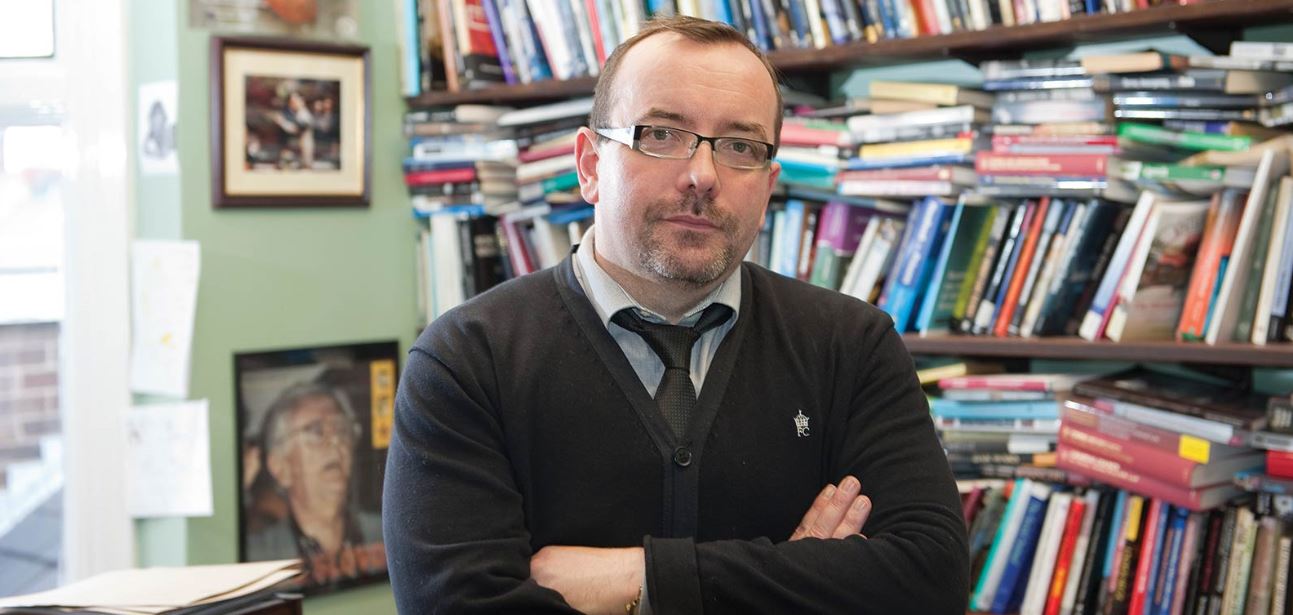BREAKING THE NATIONAL SECURITY LOGJAM 
05 April 2017
A team of researchers led by Professor Kieran McEvoy from the Senator George J. Mitchell Institute for Global Peace, Security and Justice and the School of Law at Queen’s University, has published a document designed to help local politicians overcome the impasse on national security and dealing with the past.
The team of experts, which included academics from Ulster University and some of the key Non-Governmental Organisations (NGOs) in Northern Ireland, produced a ‘Model Bill’ – a version of draft legislation outlining what dealing with the past related elements of the Stormont House Agreement (SHA) would look like in practice.
The balance between national security and the right to truth for those directly impacted by the Troubles, has created an impasse in negotiations. Under the new proposed model (which was originally shared with the two governments in May 2016), national security can never be used as an excuse to hide past illegal activities or actions that are simply embarrassing to government agencies.
The model, which is now in the public domain, recommends that the decision as to whether or not to redact sensitive information for families – the main sticking point – should be made by an independent judge or judges.
Complex decisions should be taken against specified legal criteria which balance the state’s legitimate national security concern with the families’ right to truth. That criteria should explicitly rule out the redaction of information relating to activities which are illegal or historical counter-terrorist techniques which are now obsolete.
The decisions should be made following a hearing where the views of all of relevant actors including the families are properly legally represented.
Commenting on the 'Model Bill', Professor McEvoy said: “We were deeply disappointed when the Fresh Start negotiations which concluded in November 2015 failed to reach consensus on the implementation of the SHA past-related mechanisms. However, together with a number of NGOs who work very closely with families directly affected by the conflict, we resolved to continue to try to help overcome the outstanding obstacles.
“Given the political focus on questions relating to the proposed redaction of sensitive information from reports going to affected families on the grounds of national security, we concentrated our energies on these and related matters. The issue of redacting sensitive information in the context of dealing with the past is complex and sensitive.
However, with political will and some legal imagination, it can be resolved and we hope that our model may assist that process.”
The British government plans to issue a consultation document on the ‘real’ legislation in the coming weeks, with a view to the legacy bill being introduced in Westminster, possibly in the autumn of 2017.
Media inquiries to the Communications Office at Queen's University on telephone: +44 (0)28 90 97 3259.
Back to Main News
Top of Page